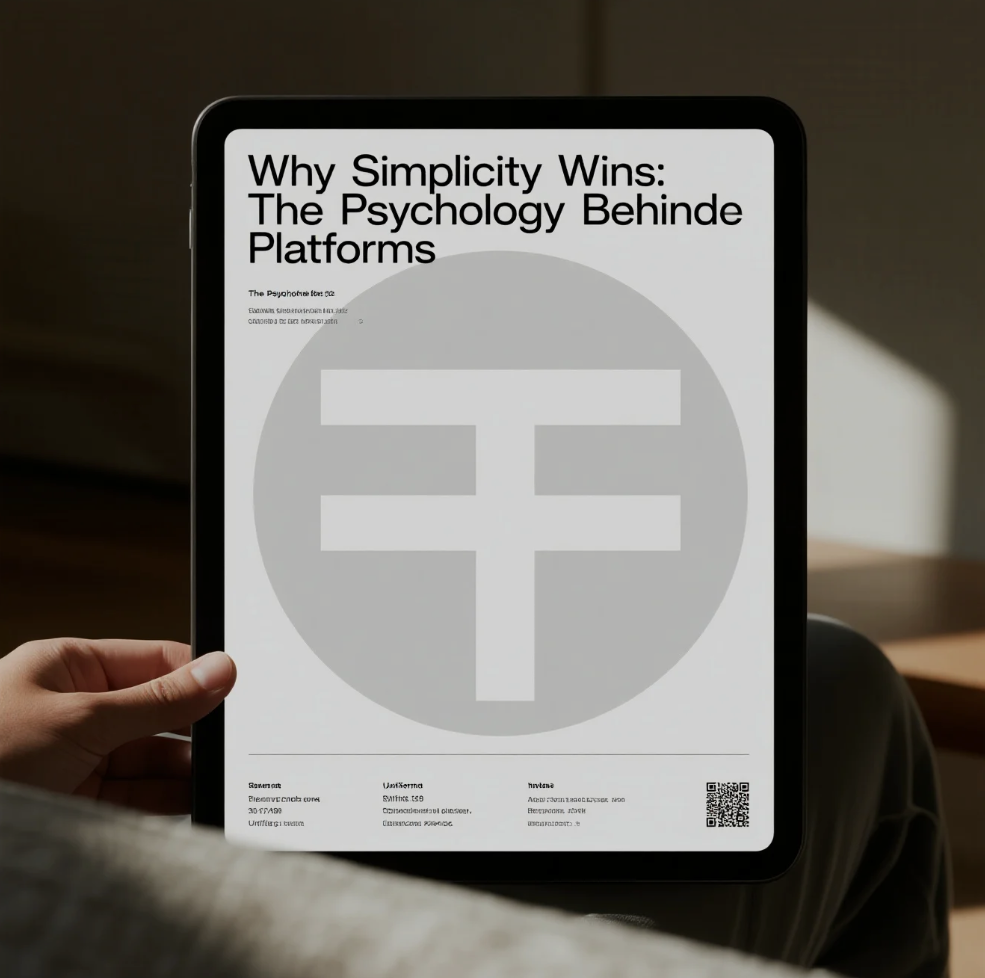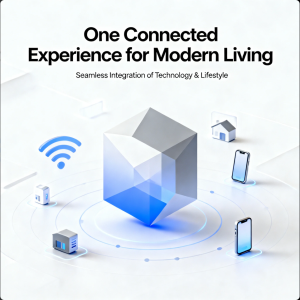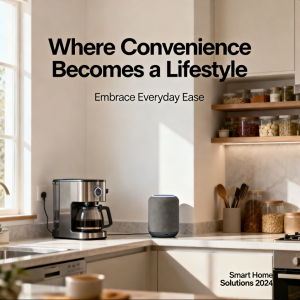In today’s digital landscape, users crave efficiency and clarity. Unified platforms — software solutions that consolidate multiple tools and services into a single interface — have become increasingly popular. But why do these platforms resonate so strongly with users? The answer lies in psychology.
1. Cognitive Load and Decision Fatigue
Our brains can only process a limited amount of information at once. When users navigate complex systems with multiple apps and fragmented interfaces, they experience cognitive overload, leading to decision fatigue. Unified platforms reduce this mental strain by offering a single, coherent environment. Simplifying user interactions keeps engagement high and frustration low.
2. The Power of Familiarity
Humans are wired to prefer familiar patterns. A unified platform with consistent design, navigation, and features leverages this psychological tendency. Users can learn once and apply that knowledge across tasks, which increases productivity and satisfaction.
3. Emotional Benefits of Simplicity
Simplicity doesn’t just improve functionality; it positively impacts user emotions. A clutter-free, intuitive interface reduces stress, builds trust, and encourages long-term loyalty. In contrast, fragmented experiences often trigger anxiety and hesitation, leading to user churn.
4. Streamlined Decision-Making
Unified platforms allow users to complete tasks faster by eliminating unnecessary steps and minimizing context switching. The psychological principle of flow — a state of deep focus and engagement — thrives in simplified environments. When users feel in control and effortless, they are more likely to remain loyal to the platform.
5. Business Advantages of Psychological Design
Companies adopting unified platforms reap tangible benefits. Reduced onboarding time, higher user retention, and increased engagement are direct results of applying psychological principles to platform design. Simplicity isn’t just user-friendly; it’s business-smart.
Conclusion
In a world overloaded with options, simplicity wins. Unified platforms tap into deep psychological principles, reducing cognitive load, increasing familiarity, and enhancing emotional satisfaction. By designing for the human mind, businesses can create platforms that are not only functional but also deeply engaging.




